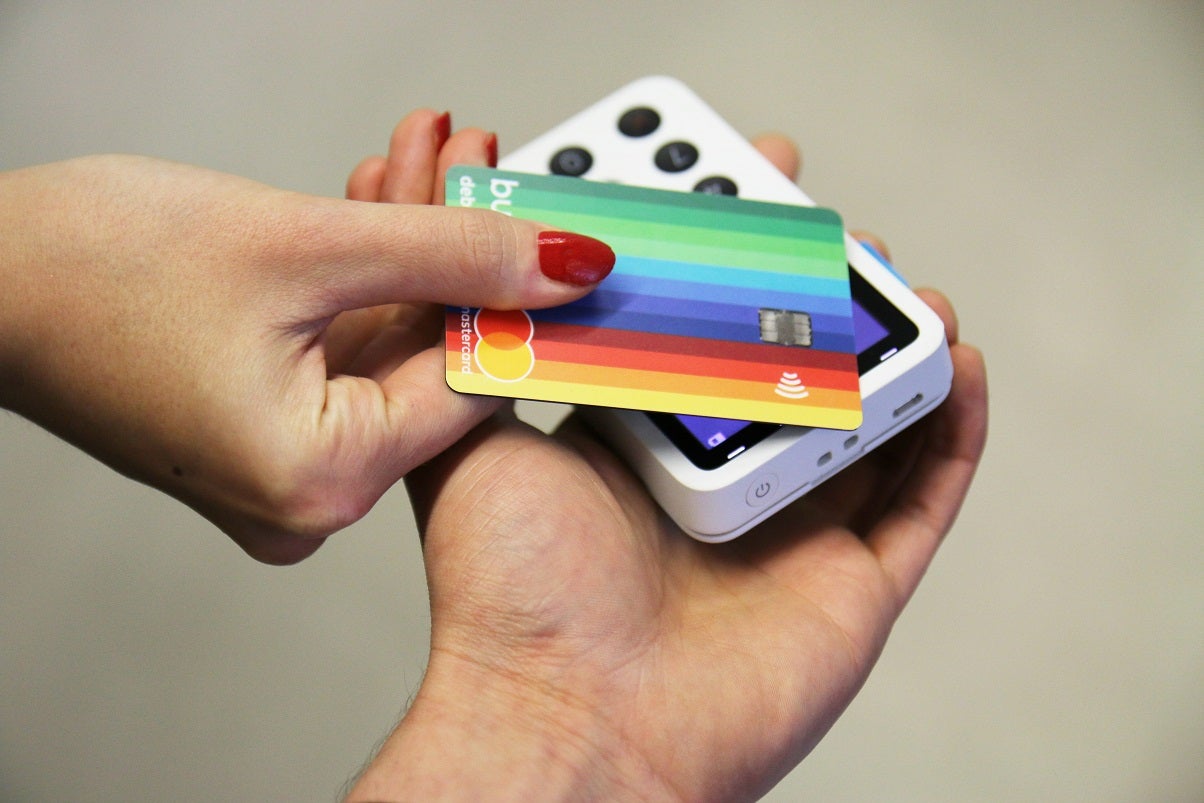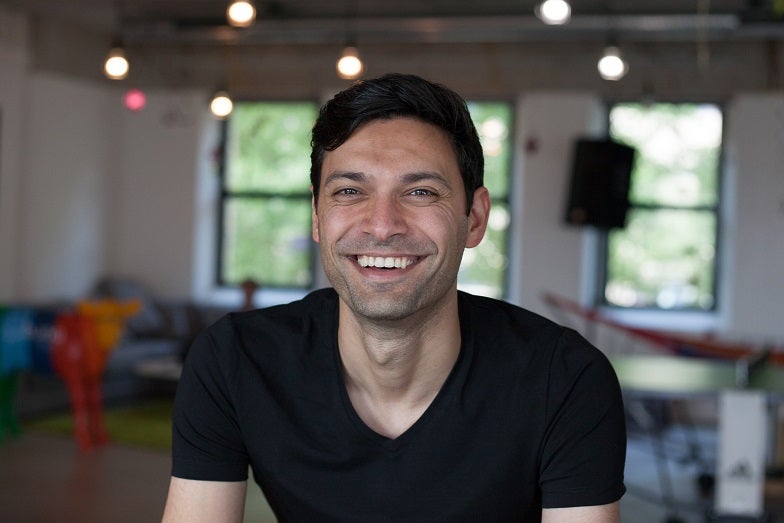
The UK is certainly packed to the brim with digital banks hoping to change the status quo. Another has landed: bunq. But why now? And can the UK have all of these challengers competing against one another? Patrick Brusnahan speaks to bunq’s CEO about its future plans in the UK and elsewhere
Dutch neobank bunq has continued its expansion and officially launched in the UK.

Access deeper industry intelligence
Experience unmatched clarity with a single platform that combines unique data, AI, and human expertise.
The move follows launches in Germany, Austria, Italy, Spain, France, Ireland and Belgium.
bunq offers customers in the UK several services. bunq Premium is a mobile experience with up to 25 fully functional Euro bank accounts as well as Maestro and Mastercard debit and credit cards. Users choose where their funds are stored and how they are used.
In addition, consumers can utilise a bunq Travel Card, which calculates the true exchange rate on purchases in foreign currencies. This results in savings of up to 3% for customers. Furthermore, the Travel Card is a credit card and is for hotels and rental services. The Mastercard credit card allows users to do this with no risk of overdraft. The Travel Card is free of monthly costs.
However, there are fees elsewhere. A Premium account charges €7.99 a month and this only includes 10 free cash withdrawals a month. The “free” Travel Card charges €0.99 for each withdrawal and there’s a one-time fee of €9.99.

US Tariffs are shifting - will you react or anticipate?
Don’t let policy changes catch you off guard. Stay proactive with real-time data and expert analysis.
By GlobalDataFounded in 2012 by Ali Niknam, its current CEO and sole investor, it brands itself as the “Bank of the Free”.
Now it is in the UK, but if it was up to Niknam, bunq would have landed on British shores much sooner.
Speaking to RBI, he says: “The UK has always been on our wish list to launch. In fact, it would have been the first country we launched in if it hadn’t been for Brexit. I actually was physically in the UK on the night the vote took place; I was preparing the launch there. Then, for me, the unexpected outcome came into existence and then I went home the next day.
“I’m really happy that we have finally been able to soft launch our product in the UK.”
Mentality
Coming to the UK, and London with its financial hub status, is a traditional move for many a firm. However, Niknam had other reasons.
He explains: “Frankly, the financial hub part is less relevant for us. What we really liked about the UK is the mindset of the British people. You guys are really open to new ideas, you’re more willing to give things a chance and try them out, to experience them, and then judge whereas, for instance, the Dutch people are more conservative.”
British consumers do not need to look hard for a digital challenger bank. Monzo, Starling, N26, Revolut, Tandem, the list goes on. However, the congested market is not a deterrent for bunq.
“The fact that there are so many fintech players in the UK just proves the point that the British mindset is one that is open to new experiences,” Niknam assures.
“For us, that makes the market even more attractive. If you look at the real numbers, today, 99.9% of customers are still with the incumbents, right? For us, the fact that there are so many peers, because we do see them as peers, we don’t see them as competition, is a good thing. In our mindset, the new guys are competing with the old guys, rather than the new guys competing with a new guy. More players out there just make it better for us.”
bunq getting out there in the UK
In order to stand out, Niknam believes “the experience of bunq is different from anything out there”. However, there are a number of players saying the same thing. Niknam wants bunq to do more; he wants consumers to fall in love with the bank.
“When we launch in a country is to do this in two phases,” he states.
“Firstly, a soft launch. We get this group of people that are naturally drawn to what bunq stands for. Then we get into close contact with them because the community we have with bunq is quite strong. And we really try to understand what it is that makes people really fall in love with our apps.
“After some time has passed, and adjustments have been made, then we start marketing, but even then our marketing budgets have always been smaller, it’s always been more restrictive. Because for us, we’d rather let our happy users do the talking. If you look at bunq as a whole today, over 50% of our users have come organically through word of mouth and so that’s something that just proves how much people love to use bunq.”
In terms of future plans, Niknam concludes: “One of the dreams of any entrepreneur is to launch in the US. We are not doing anything concrete there yet but it’s really important that we do things right. We still have more than enough opportunities here in Europe to make more people fall in love with bunq.”








